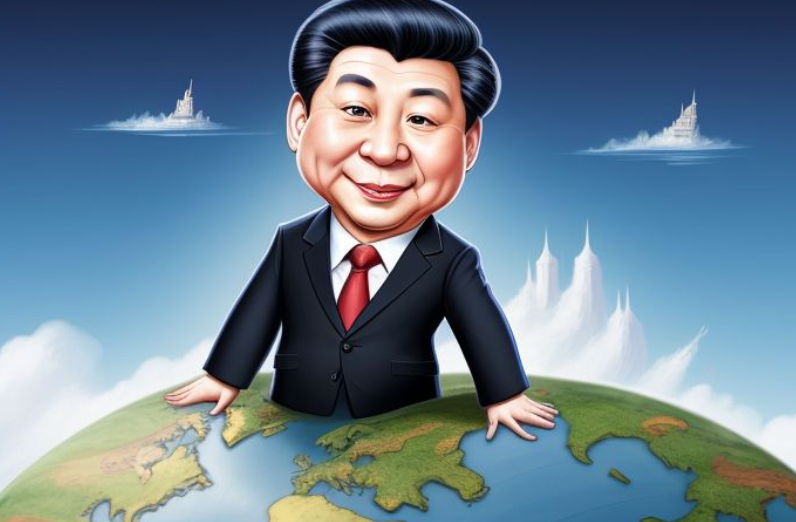$HKEX #Evergrande #ChinaProperty #EconomicImpact #RealEstateCrisis #StateOwnedEnterprises #MarketDynamics #FinancialCrisis #GlobalEconomy #InvestmentTrends
How Did Evergrande’s $50 Billion Turmoil Reshape China’s Property Market? Discover the Impact!
Evergrande’s news has reverberated through the global markets, signaling a profound shift in China’s property sector dynamics. Once a towering figure in real estate, Evergrande’s financial distress has not only affected its stakeholders but has also paved the way for a significant transformation in the industry structure.
The Shift Towards State Ownership
According to industry experts, the fallout from Evergrande is likely to result in an increased dominance of state-owned developers within the market. This shift indicates a potential reconfiguration of sector leadership, moving away from private giants to a landscape possibly monopolized by government-backed entities. This transition could have far-reaching implications for competition and innovation in the sector.
Understanding the Economic Implications
The financial turmoil surrounding Evergrande has wider economic implications. As state-owned enterprises potentially take a larger role, the dynamics of investment, both domestic and international, could shift considerably. Investors might see this as a move towards more stable, albeit possibly less lucrative, investment opportunities in China’s real estate. For a deeper dive into how these shifts impact the stock market, consider exploring our detailed analysis here.
Global Repercussions and Market Sentiments
Moreover, Evergrande’s situation is a stark reminder of the interconnectedness of global financial systems. As China’s property market experiences these seismic shifts, international investors and markets are closely watching, understanding that the ripples can extend far beyond China’s borders. The potential increase in state-run enterprises could also signal a shift in policy and economic strategy that might affect global economic strategies.
Policy Responses and Future Scenarios
In response to these developments, policymakers are possibly reevaluating their strategies to stabilize the market and prevent similar crises in the future. This might involve stricter regulatory frameworks for real estate financing and perhaps a rethinking of the role of large private players in critical economic sectors.
The Broader Impact on Real Estate and Finance
The real estate sector worldwide learns critical lessons from the Evergrande crisis. The importance of sustainable growth, risk management, and regulatory oversight comes into sharper focus, potentially influencing future market strategies globally.
In conclusion, Evergrande’s news marks a significant turning point for China’s property market. The potential shift towards state-run enterprises could redefine market dynamics, influencing both domestic and international economic landscapes. For further insights and detailed market analysis, visit our comprehensive financial news section here.







Comments are closed.